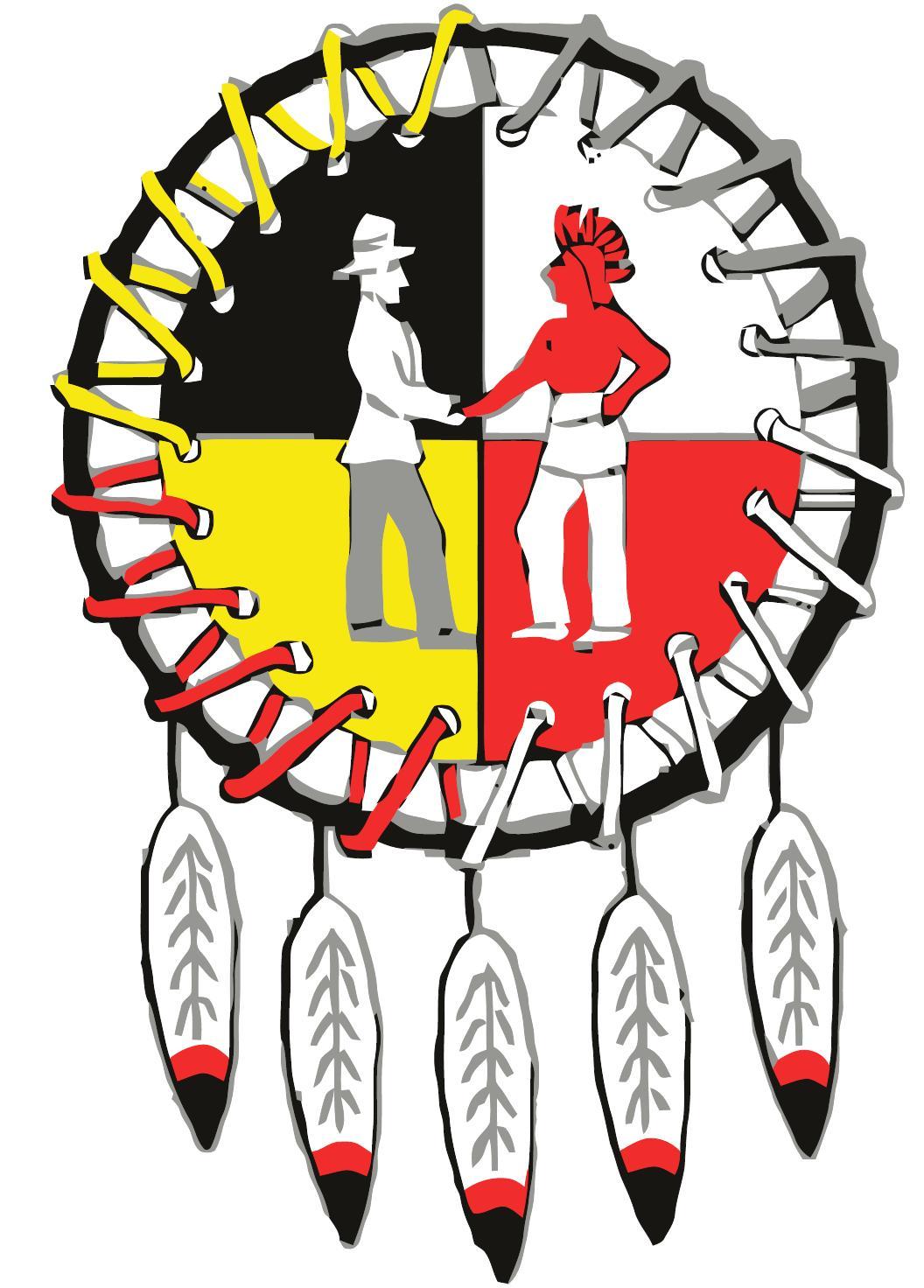Three Reasons Why I Would Want Ralph as my Friend
If I was stuck on an island with a group of boys (what a nightmare!), I would want Ralph as our leader. Why? Because he’s intelligent, understanding and organized. He doesn’t let the influences of the other boys affect him, only until the end with the feast, but what can you do? No one is perfect and at least he recognised what he had done unlike the rest of the boys. He guides the group with his top priorities and treats everyone equally. What better leader could you ask for?
1. He has Common Sense and is Quite Mature
http://www.roguesurvivor.com/wp-content/uploads/2015/08/survival-situation-use-your-head.png
Ralph is quite a mature kid for his age. Instead of playing around and having fun on the island like probably any other boy would, Ralph focuses on survival. Even though he’s like thirteen, he acts like an adult. He holds meetings where he proposes the signal fire in order to get ships’ attention and is the first to realize they need a leader on the island. Who would’ve thought of making a signal fire? Any other boy would’ve probably started playing tag or cry due to loneliness. He’s like the older brother of the group, not as strong as Jack but at least he uses his head and not intimidation. He continues to tell the boys they have to keep the signal fire going which becomes a new goal for the boys and he uses the idea suggested by Piggy about building huts for shelter. Ralph also speaks up when needed to like when he approached Jack because he was only focusing on hunting and didn’t keep the fire lit. His maturity is shown through how he takes action by confronting Jack and his tribe. Overall, his intelligence and maturity makes him a very trustworthy leader who knows what’s best for the group. Way to go Jack! I’m definitely sticking with this guy.
2. He is Organized

https://i2.wp.com/www.humanengineers.com/wp-content/uploads/2015/12/checklist-cartoon.gif?fit=288%2C276
Ralph is so organized I just don’t understand. Although not everyone listens to him, Ralph makes an effort of setting rules and boundaries in hopes of keeping everything in order and at peace. He is so organized it’s unbelievable, I would definitely like to be his friend. He stays on topic and doesn’t easily get caught up with theories or questions like how Piggy does. Thank goodness! He has priorities which allows him to lead the group with success. Even when the beast was introduced, he didn’t let it affect him. That’s some incredible self-control right there! He guides the group of boys and keeps them in line by focusing on survival. He makes the rule that only the person with the conch can speak and may not be interrupted. (Again, he is so mature!) His true leadership is demonstrated by his awareness that there must be restrictions and laws in order to maintain a civilized society to avoid chaos. He also gives out specific tasks such as making sure that they are keeping the fire burning and even makes specific areas a place to go to the bathroom, to keep potable water as well as building the huts in order to keep the island organized and tidy. He treats the island like a new home while giving everyone chores including himself. Such an organized thirteen year old!
3. He Treats Everyone with Respect

http://skillgames.playgen.com/wp-content/uploads/2016/04/introducting-others.jpg
What makes him such an awesome leader and friend is his leadership style. He gives everyone a chance to share their opinions and to be part of making decisions. That’s the definition of a true leader and friend. He treats everyone equally and defends those who are too weak like when Jack was bullying Piggy (Poor Piggy!). Even though Ralph didn’t like Piggy in the beginning, he starts to value his opinion and him as a friend. He is able to consider each opinion before making decisions. For instance, when Ralph was voted chief, he could tell that Jack had the desire to have control over something by the way he was blushing, so he let Jack lead his choir of hunters. It’s amazing how Ralph can be so thoughtful with such an intimidating, arrogant and mean bully like Jack. He is open minded even with the opposing political party and doesn’t make decisions until everyone contributes their opinion. I would’ve probably started ripping my head if I had to deal with a meanie like Jack, that’s why I need Ralph to help me calm down. This goes to show that Ralph is an easy going guy who is willing to listen to anyone. Wouldn’t everyone like to be treated equally like how Ralph treats his group? I know I would.






